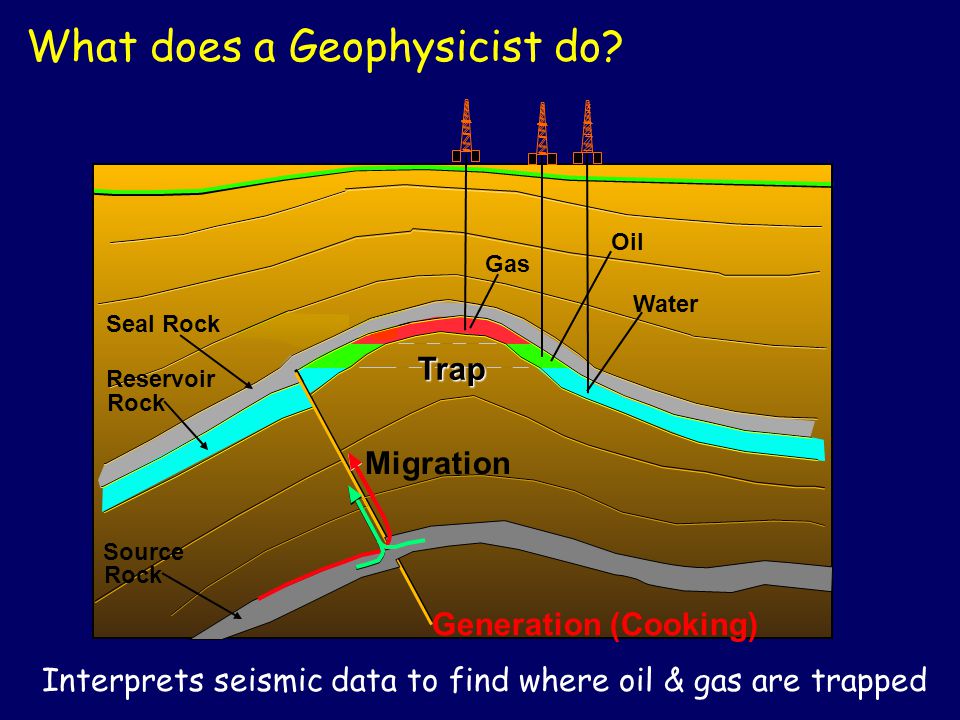All Categories
Featured
Table of Contents
Geophysical Survey Techniques And Methods in Ocean Reef Aus 2022
This work is significantly contracted out, so consultancies offer another source of employment. Consultancy firms vary in size, from very small companies to large multinationals. Some consultancies are rather specialised in utilizing particular geophysical techniques or operating in specific areas, while others use a more varied series of services to their consumers.
The extraction of gas from garbage dump sites is another location of employment and this may grow in the future. Exploration companies might undertake work for building companies, public utility, mining business and environmental firms, so geophysicists may be utilized in any of these settings. Other employers consist of: geological surveysgovernment bodies and agenciesuniversities and research study institutes.


Vacancies might be listed in the oil and gas sector press. Recruitment is impacted by oil price changes and the level of competitors for positions varies depending on this. Careers Days, which cover the full series of geoscience professions and are generally gone to by a number of key market companies, are run by The Geological Society.
Geophysical Surveys Definition & Meaning In Stock ... in Medina WA 2023
A few of the big oil and gas companies offer a complete two-year structured training program across the breadth of geophysics, including the opportunity to experience work in different teams before specialising in one area. Your training might include work on: existing wellsmagnetic and gravitational possible field information analysisresearchrock analysis. Nevertheless, it's more normal for your preliminary training to be offered on the task.

There may be a probationary period throughout which you work together with a skilled coworker. Competency-based appraisals happen frequently in most companies. In smaller firms, and for scholastic posts, there is not likely to be any official training - you'll be expected to begin work straightaway and get abilities as you go along.
If you work for a smaller business, you might find that you need to take responsibility for arranging and moneying your own development and training. If you have a geology degree, subscription of The Geological Society can be helpful for networking and for keeping up to date with the industry.
Hydrographic And Geophysical Surveys in Girrawheen WA 2021
You may also find it helpful to join the PESGB (The Petroleum Expedition Society of Great Britain, which has a geophysics unique interest group. After a probationary period, and once you have actually gotten some experience, you might advance to senior geophysicist, then group leader and then into a senior role in management.
The ease of movement in between roles depends on the business structure. Study at Masters or Ph, D level in a subject associated to geophysics or geosciences might assist with your profession development and development. The work market within the oil and gas industry is very depending on cost and this might impact your chances for career progression.
For skilled geophysicists, freelance consultancy uses a great path for profession advancement. As a geophysicist, you're most likely to have several jobs throughout your working life.
Geophysical Survey Next Step In Carbon Storage Study in Manning Aus 2021
From geophysics, it's possible to concentrate on seismology (finishing additional training to become a seismic interpreter) or to move into related locations such as engineering geology or risk prediction.
Deciding what to study in college is a tough option. Even if you understand that your field of interest depends on science, what program of research study is right for you? If you make the choice to major in physical and biological sciences and pursue a career as a geophysicist, you're getting ready for an interesting and successful profession.
The very first action to attaining your objective of becoming a geophysicist is making a degree. Even for entry-level positions in the field of geoscience, you'll require a bachelor's degree (a geophysicist college degree) from a certified college or university. Geophysicists need to be able to: analyze rocks, pictures, and other pieces of information conduct research both in the field and in labs create maps and charts of their findings write reports To accomplish all this, students need a specialized education for geophysicist professions.
As mentioned above, you'll need a bachelor's degree in geoscience or an associated discipline, such as a physical science or a life sciences, to land an entry-level task. However trainees can likewise prepare by learning subjects like: Biology Chemistry Computer technology Engineering Mathematics Physics The above geophysicist majors use a more generalized approach to a single scientific discipline, but a lot of programs need trainees to take one or more geology course.
Latest Posts
Geophysicist Jobs in North Perth Australia 2021
Geophysical Survey Definition in Warnbro Western Australia 2021
What Is Geophysics? in Carlisle Australia 2020